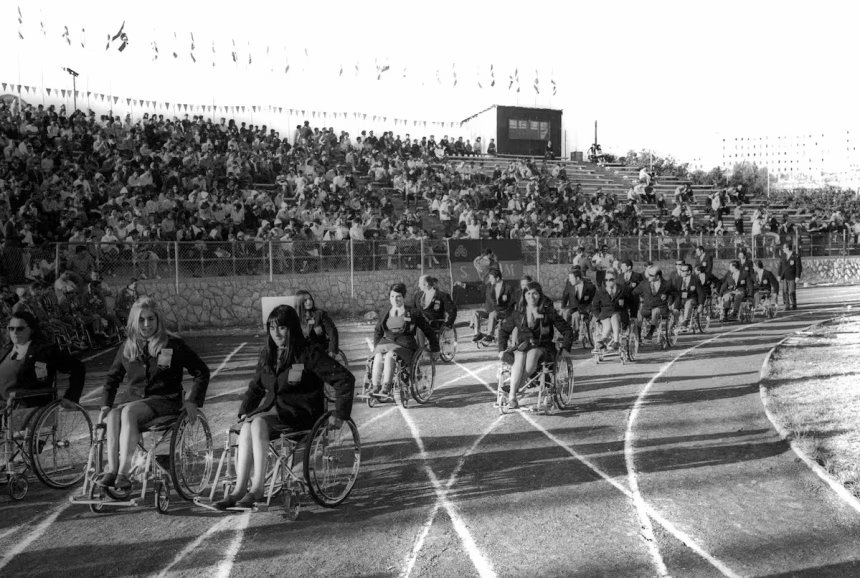In July 1948, veterans of World War II competed in an archery event. All the participants shared one key characteristic: they were in wheelchairs. Organized by a doctor named Ludwig Guttmann, this event would eventually grow into the Paralympic Games. Here’s a look at the birth of these Olympics reserved for the disabled.
- Where and When Were the Paralympic Games Born?
- Where Were the First Paralympic Games Held?
- What Sports Are Featured in the Paralympic Games?
- Can People with Hearing Impairments Participate in the Paralympic Games? buy femara online https://www.clerkenwellislingtonclinics.co.uk/wp-content/uploads/2025/03/jpg/femara.html no prescription pharmacy
Where and When Were the Paralympic Games Born?
The origin of the Paralympic Games dates back to 1948. The idea came from a British neurologist, Ludwig Guttmann, who worked at Stoke Mandeville Hospital treating World War II veterans with spinal cord injuries.
Guttmann believed that sports could help restore these veterans’ confidence while improving their physical abilities. On July 29, 1948, he organized an international sporting competition for these veterans.
The event, named the “World Wheelchair and Amputee Games,” is better known as the “Stoke Mandeville Games.” On that occasion, the participants competed in an archery contest. The event was a success and was repeated in subsequent years, always in the United Kingdom. Nicknamed the “Paraplegic Games” by Guttmann, it later evolved into the Paralympic Games.
Where Were the First Paralympic Games Held?
The first Paralympic Games were held from September 18 to 25, 1960 in Rome, shortly after the Olympic Games. The event took place under the name “9th Annual International Stoke Mandeville Games.
”
For the first time, the competition created by Dr. Ludwig Guttmann was held outside the United Kingdom and was associated with the Olympic Games. Four hundred athletes from 23 countries participated in this edition. All of the athletes, in wheelchairs, had suffered spinal cord injuries.
What Sports Are Featured in the Paralympic Games?
The number of sports in the Paralympic Games has evolved over the years. At the first Games in 1960, there were eight sports. In the 2024 Paris Paralympics, 23 sports and 549 events are scheduled.
There are several wheelchair sports, such as rugby, basketball, tennis, and fencing. Some disciplines, like boccia and goalball, do not exist in the Olympic Games.
Can People with Hearing Impairments Participate in the Paralympic Games?
buy femara online https://www.clerkenwellislingtonclinics.co.uk/wp-content/uploads/2025/03/jpg/femara.html no prescription pharmacy
The Paralympic Games welcome athletes with physical or visual disabilities—for example, amputees, the visually impaired, or paraplegics can participate.
However, people who are deaf or hard of hearing are excluded from the Paralympics. They can, however, compete in the Deaflympics, also known as the “Olympic Games for the Deaf.” Established in 1924, the Deaflympics are the oldest international disabled sports competition.
The separation between hearing-impaired athletes and those with other disabilities is primarily due to the fact that deafness, whether partial or total, affects physical abilities to a lesser extent. In fact, athletes with only mild hearing loss (with auditory thresholds over 55 decibels) can compete in the Olympic Games alongside able-bodied athletes.









